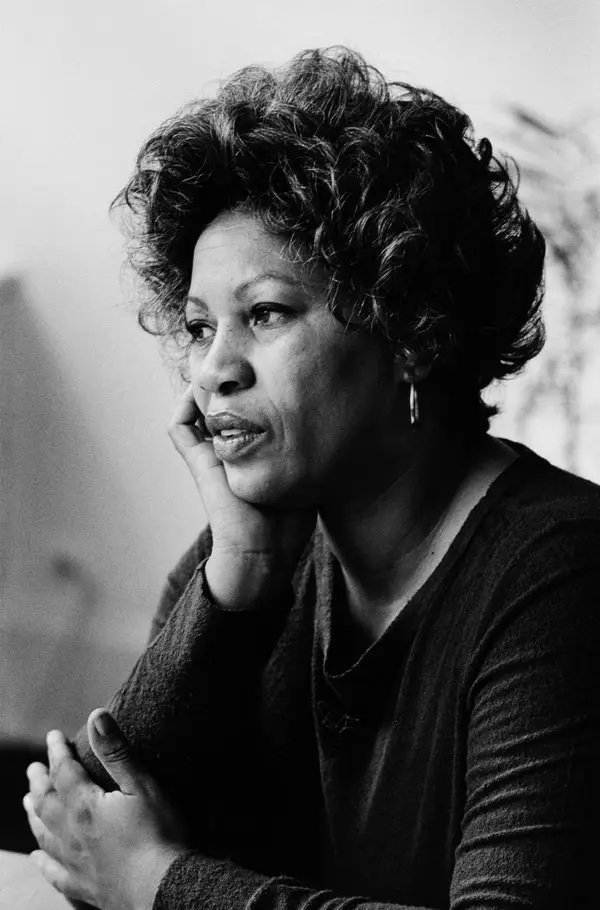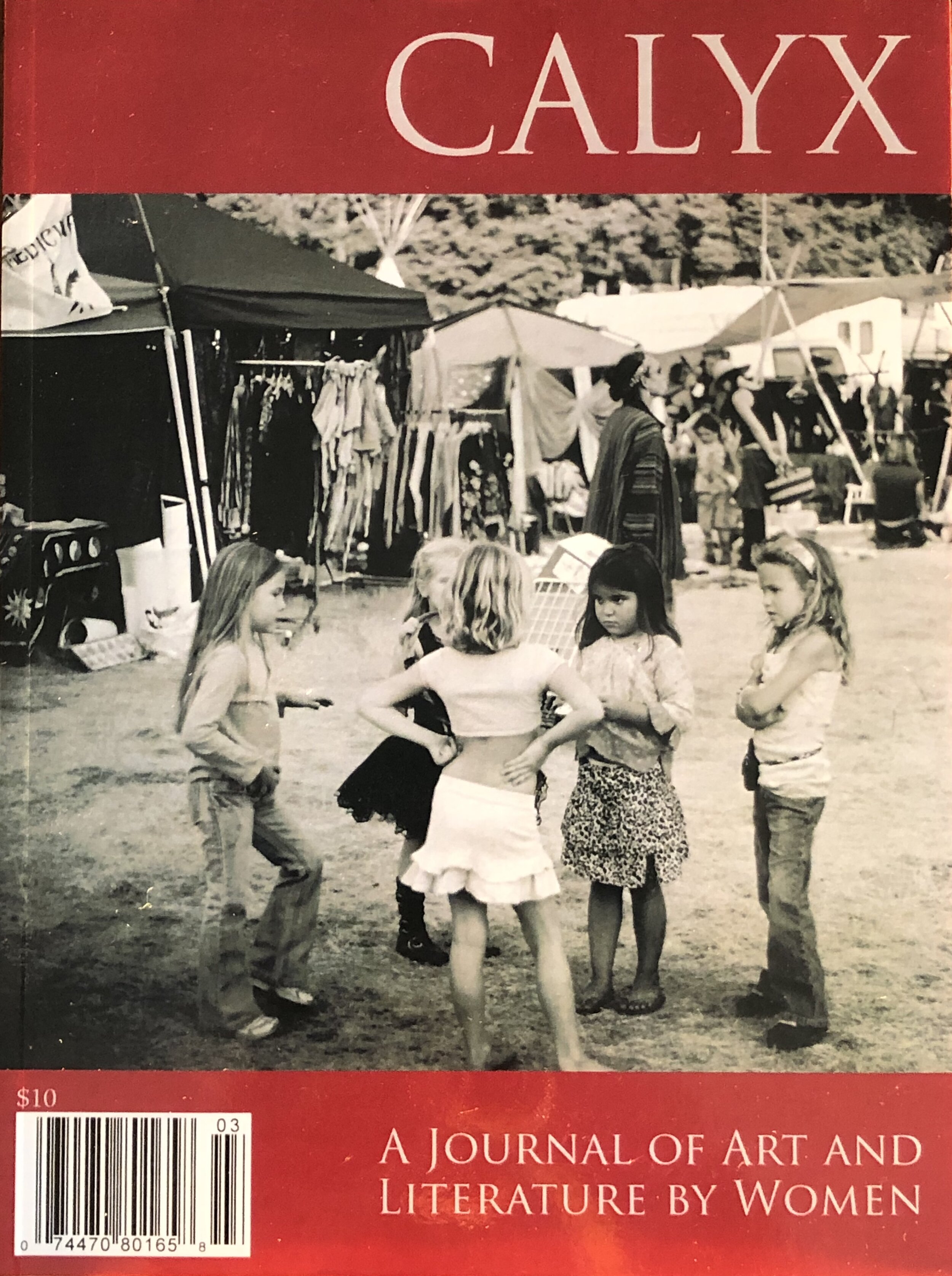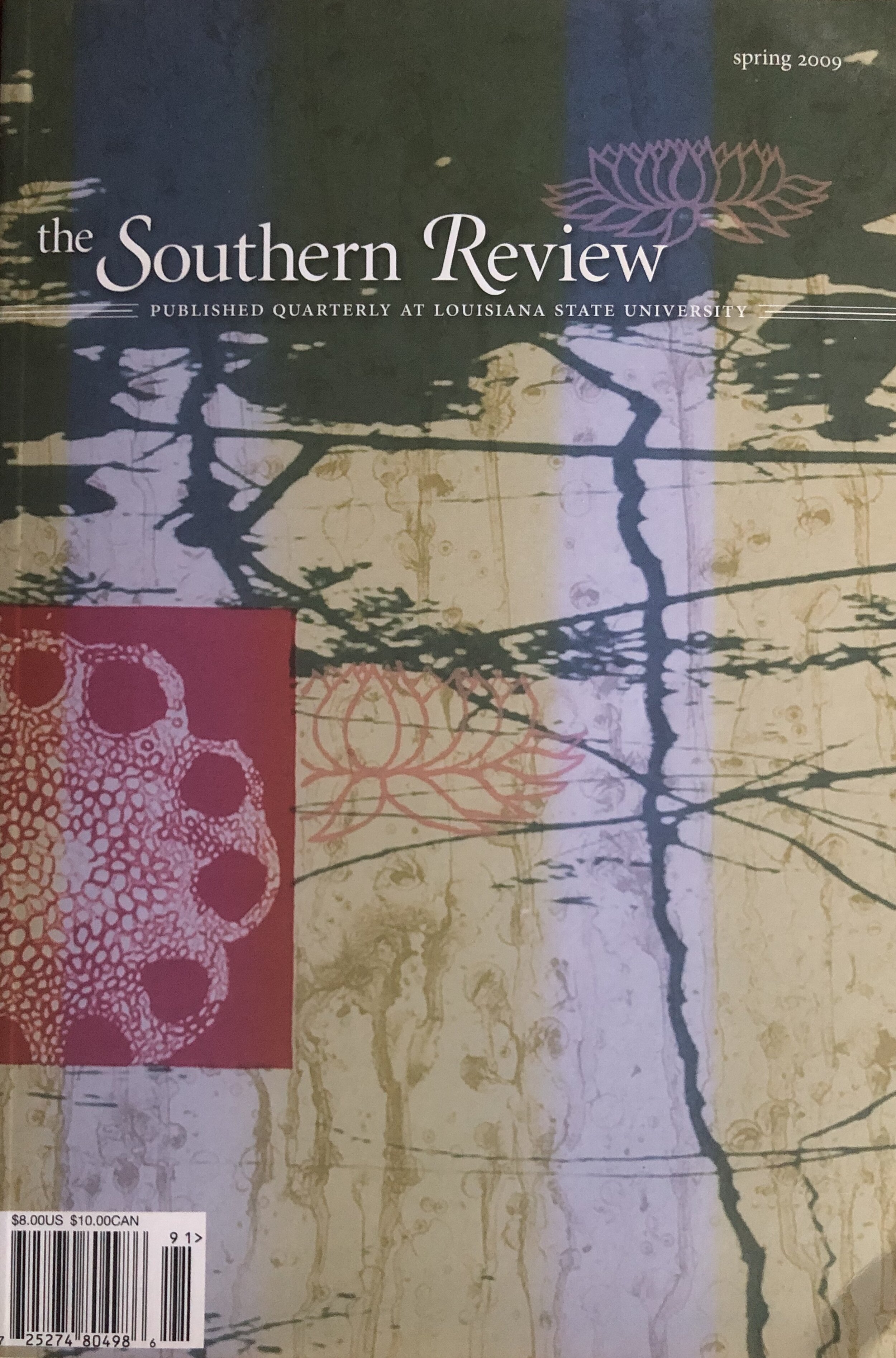Essays
Then Revelation of Reading Toni Morrison in Moscow
I first read Toni Morrison’s The Bluest Eye in graduate school. I was frightened by how it made me feel—in awe of the writer’s genius, of her ability to weave together horror and beauty, the mundane and the sublime. I called one of my friends in Moscow and said, “I just read the most gorgeous and terrifying book by Toni Morrison.” And my friend asked, “Who is that?”
The year was 2001, and nobody among my very educated, book-loving cronies in Moscow knew who Toni Morrison was. Russian-speakers remained in the dark, even after Morrison had received the Nobel Prize in Literature in 1993. The next time I traveled back home, I brought copies of her books to my friends, who found Morrison’s novels just as poignant and heartbreaking as I did, her characters looming off pages, alive and unforgettable.
Occasionally, we would gather in my flat, and I would read out loud and translate passages from Morrison’s books, pages and pages of magnificent scenes or descriptions and also those that I found most difficult or tragic or controversial. We would then discuss them, zealously, pointing at the differences or similarities between African American and Russian women, and how little control we still had over our own lives, at the mercy of our government or newly hatched oligarchs.
We compared Morrison’s heroines to Tolstoy’s or Chekhov’s and found them to be just as strong and passionate, imprisoned by their historical past or trapped in the reality of living in a man’s world, where a woman’s body was nothing but a commodity; her fate and worth designated by her father, her husband, her lover, her children, or her community, like a town of Eloe in Tar Baby. There was little empathy in that world, and little glory. But there was friendship, and there was motherly love, and there was the desire to break free from the oppressiveness of our homes and the country that supported patriarchy in all its evident or inconspicuous forms, at home and at work, in science or arts.
The Reunion
Published in Calyx, Winter 2010
In my mother’s family, we never talk about love or March weather. We never talk about death, illness, or money either because, as Russians who lost twenty-six million people in WWII and survived Stalin, Brezhnev, Gorbachev, and Yeltsin, such trivial things or notions seem irrelevant to us as a nation.
When I first see my mother—after years of forced separation—leaning against the wall in Roanoke Airport, next to her two suitcases with a pet-carrier positioned on top, she seems small and fragile, bearing only a distant resemblance to the stoic, recalcitrant woman who raised me. I rush to hug her, squeezing her in my arms ever so gently, afraid that she might crumble inside her sheep coat, too long and cumbersome and outdated for the American milieu. Her skin is so pale and fine, like my husband’s family china, worn by the years of service.
“You’re huge,” she says, pulling back and staring at my hump of a belly. “Only six months. You’re eating too much. When I was eight-months pregnant, men still asked me out. I looked that good.”
“Maybe you looked slutty,” I say, regretting it immediately because she drills me with her eyes for a long minute before bending toward the pet-carrier and addressing her fifteen-year-old cat.
Neither of us says another word as we navigate toward the exit, where my husband waits in the car, ready to pull over by the door and ferry us home.
Someplace Else
Published in The Southern Review, Spring 2009
In my dreams, we’re still children, still gallivanting through a birch forest, retelling ghost-stories, hiding and peeing behind a cluster of tall, graceful trees. We laugh and finger the mossy trunks and gather red, pulpy wolf-berries off the bushes, threading them on long straws, then model our creations for each other, like precious necklaces or crowns, raw and fragile. You tear mine while trying to adjust it, and I curse and rip yours off. You throw it away and tell me that when we grow up, you’ll become an important someone, with a four-bedroom apartment overlooking the Moskva River, and a black limo with a driver and a mini-bar, and a three-story brick dacha in Yasnaya Polyana, where Tolstoy used to live. You say you’ll buy me diamond rings and ruby chokers and emerald bracelets, and I say, shying into the leafy branches, that I have no place to wear them to. And you laugh and say: I’ll marry you, and we’ll attend Christmas balls at the Kremlin. And I reply, pushing you in the belly: We don’t celebrate Christmas in this country, and I don’t want to live anywhere else.
I moved to America in 1994, three years before you died and almost five years before my son was born, who looks just like his dad—fair-skinned and light-haired, with a constellation of tiny freckles scattered over his cheeks and snub nose. Lolling on the porch-swing and rocking my three-year-old son in my arms, I gaze at the mountains, which are like green ogres shielding the town with their hard, mighty chests. The day is warm and tranquil. The early-afternoon sun spreads a golden veil across the lawn and the porch steps, across the roofs and the mountain tops, gilds the trees and the slender steeple of the church up the hill. The rays stretch their caressing fingers and tease my son’s cheeks and the fine hairs coiling above his ear. I touch the hairs and feel their impossible softness, their supple texture. I peer into my son’s sun-bathed face and think of the roads he has yet to travel and the friends he has yet to make, of his future victories and impending defeats, of the places I will show him and the ones that he will have to discover himself. I think of my home country and the people I’ve left behind and you, whom he’ll never meet.


